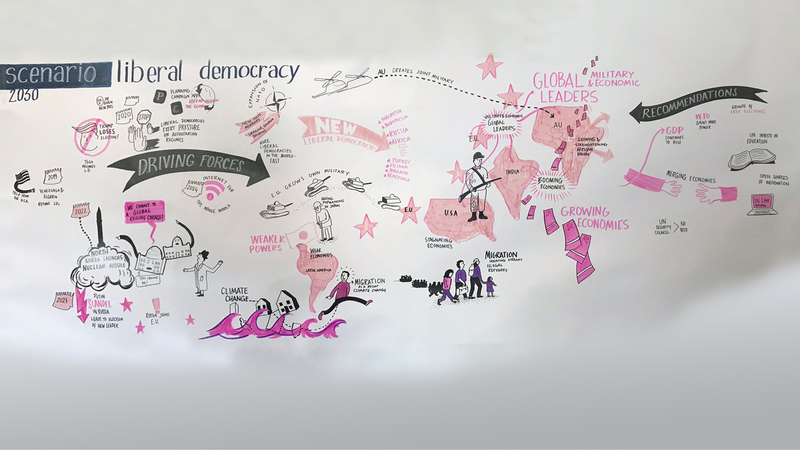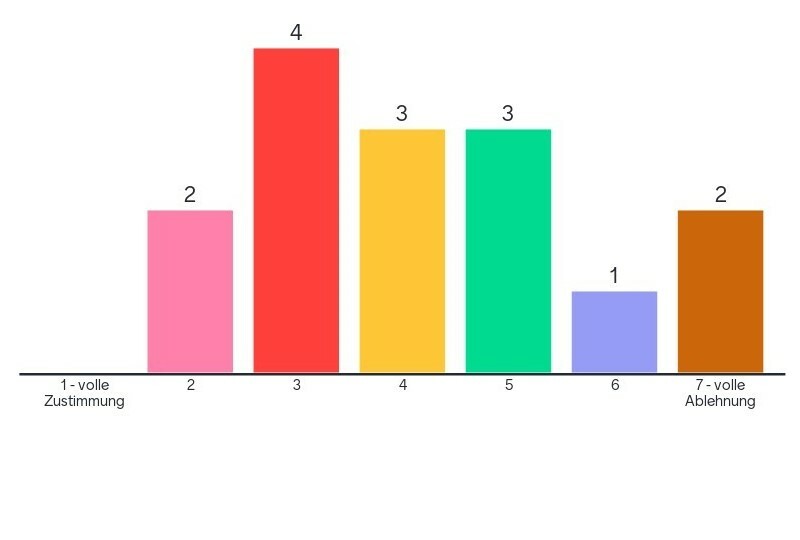Similar posts from our Blog

Talking about war: The mission and limits of civic education
We have developed a format for addressing the war against Ukraine. As political educators, we see our task not only in discussing the war in Ukraine in a way that is appropriate for the target...

Instructions: How does a scenario workshop work? On the impossibility of predicting the future
How does a scenario workshop actually work? We have written a little guide: Which steps are important, which questions need to be clarified? Recommended to try out and copy!

How we deal with (extreme) right-wing parties in simulation games: An interim report
"Right-wing and far-right parties are electable in our democracy and should therefore also be represented in simulation games." - Agree or disagree? There are different opinions in our team. And yet we have to find...

Negotiation training compact: The five essentials of good negotiation
We are involved in negotiations every day, whether in a professional or private context. But what makes a negotiation successful? We have summarised the essentials of good negotiation that we teach in our training courses.

How to talk about it? Workshops on the conflict in the Middle East
The escalation of the conflict in the Middle East has lead to heated discussions, including at many universities. But how can we talk about the conflict respectfully without hurting people? We report on a series...